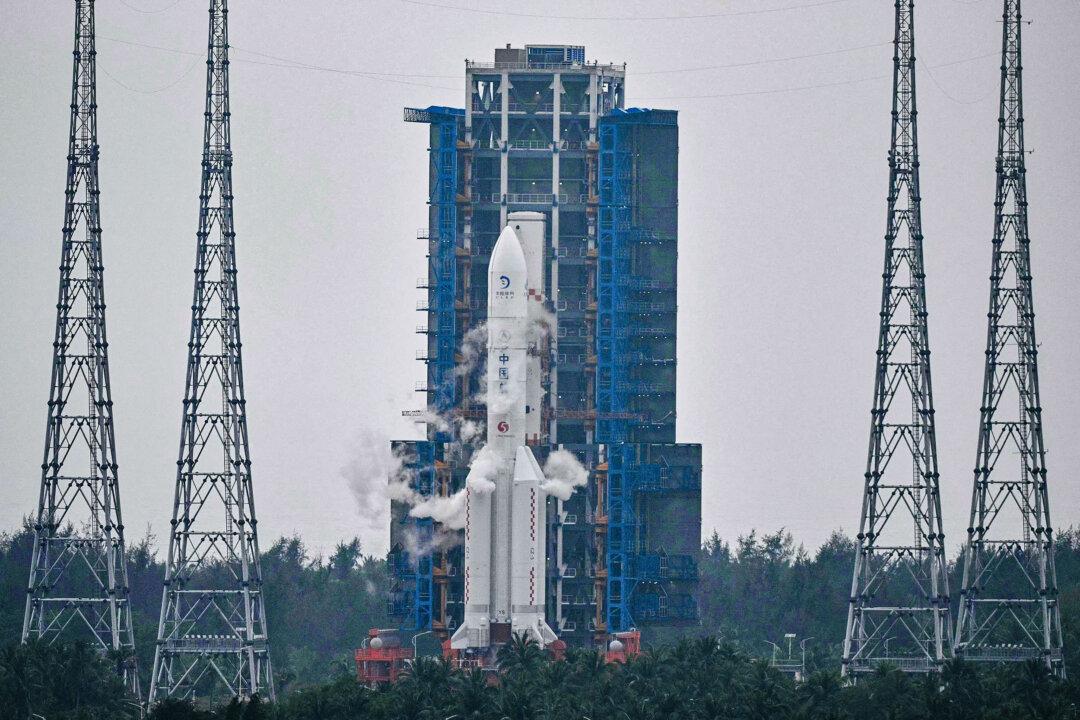Communist China has in recent years tripled its number of on-orbit satellites that could be used for intelligence or military purposes, according to a senior U.S. military official.
The Chinese Communist Party (CCP) has overseen the launching of several hundred satellites for intelligence, surveillance, target acquisition, and reconnaissance purposes, Space Force Gen. Stephen Whiting said during a July 17 talk at the Aspen Institute think tank.




